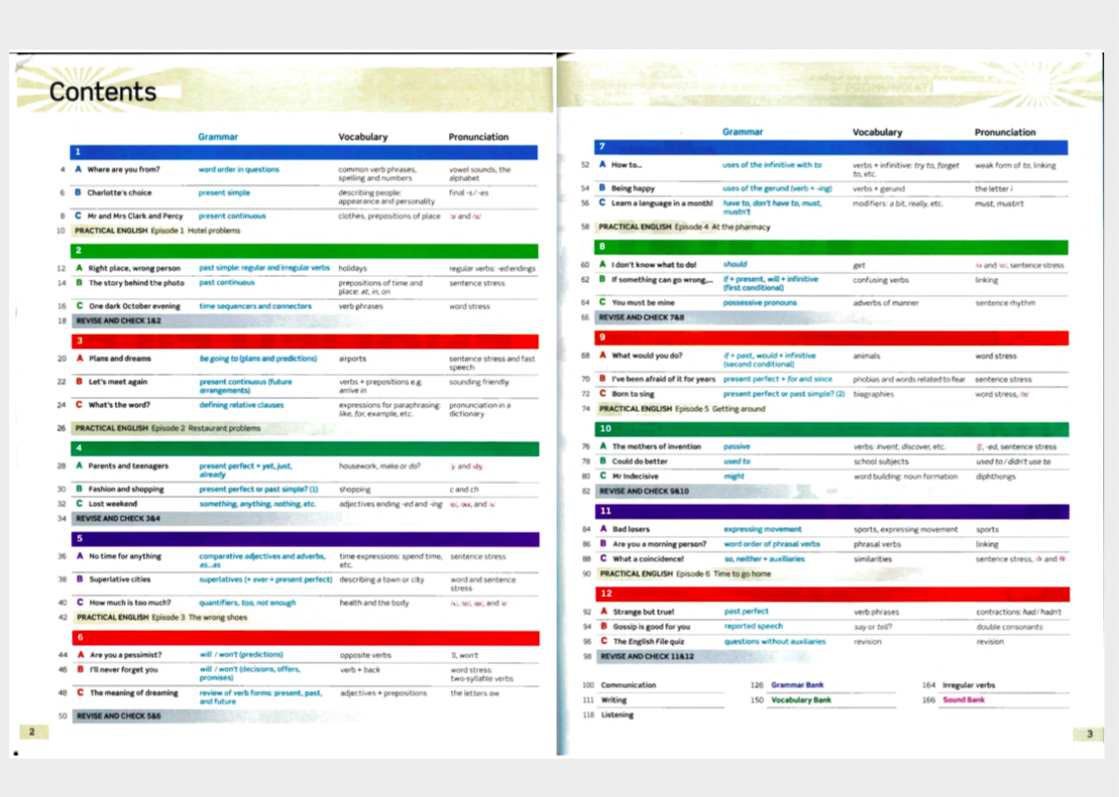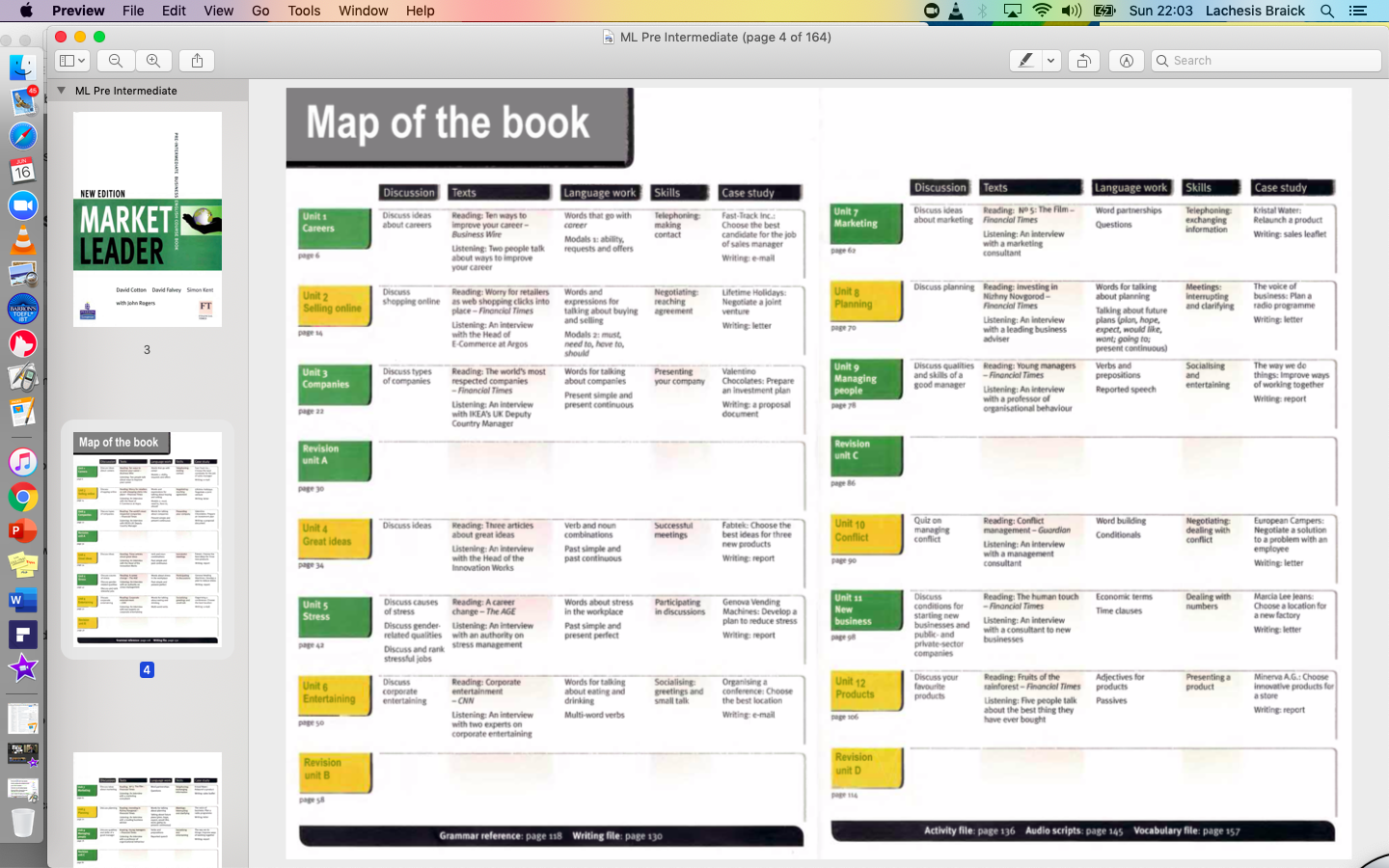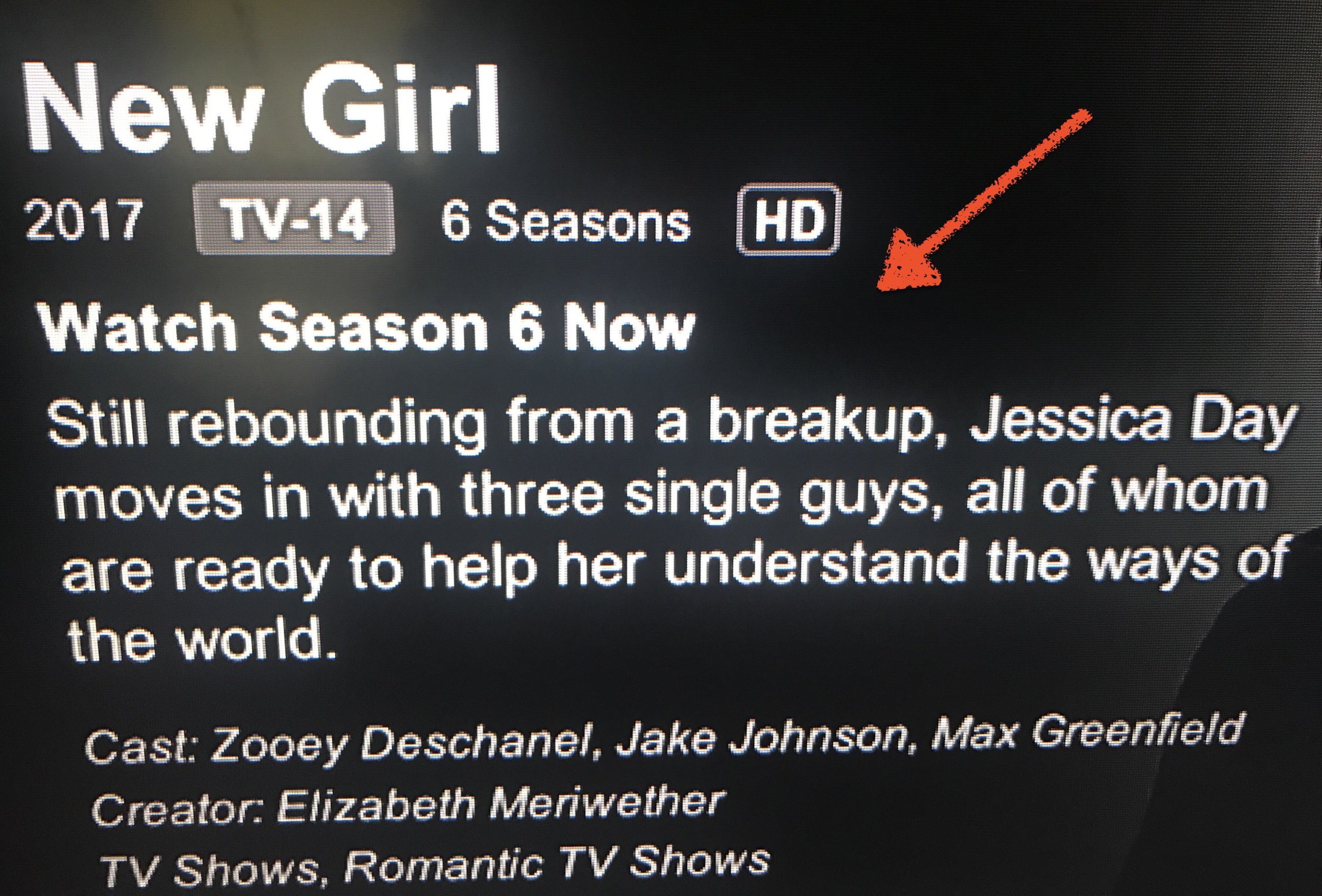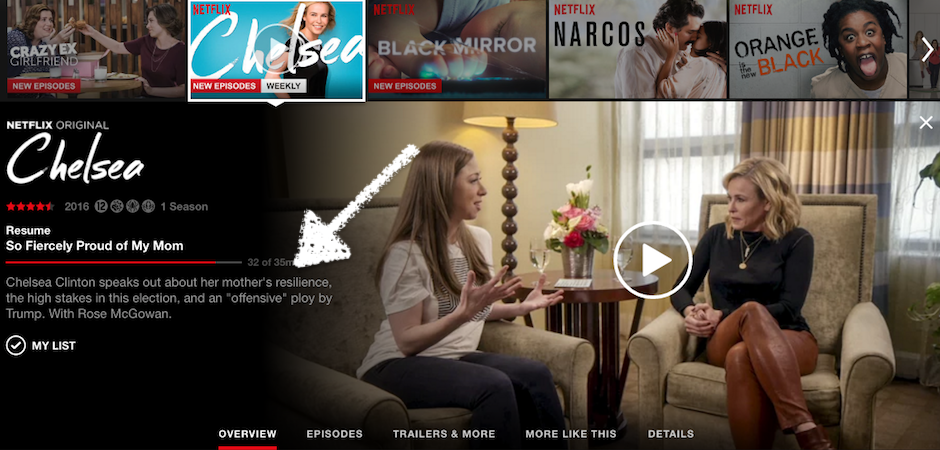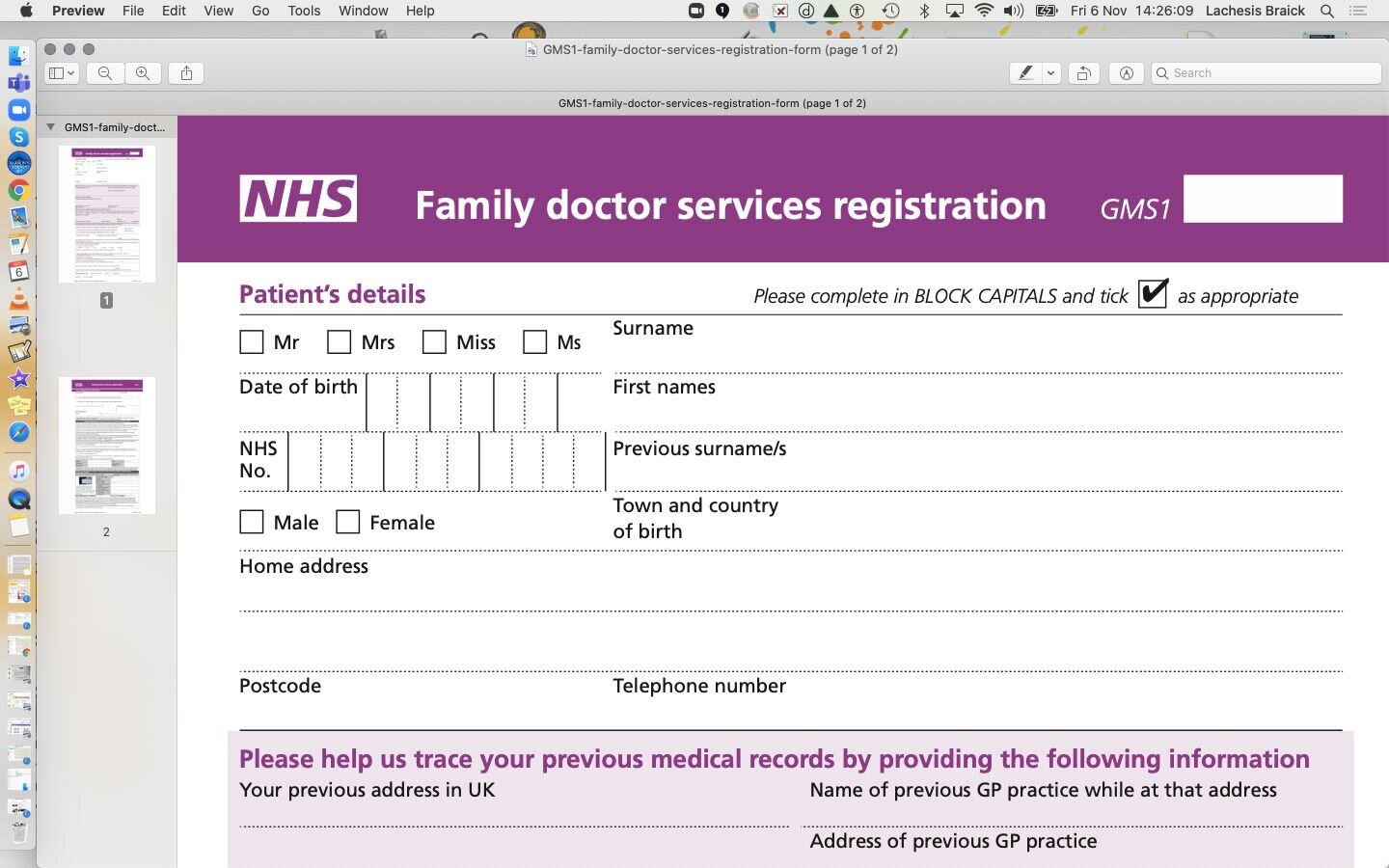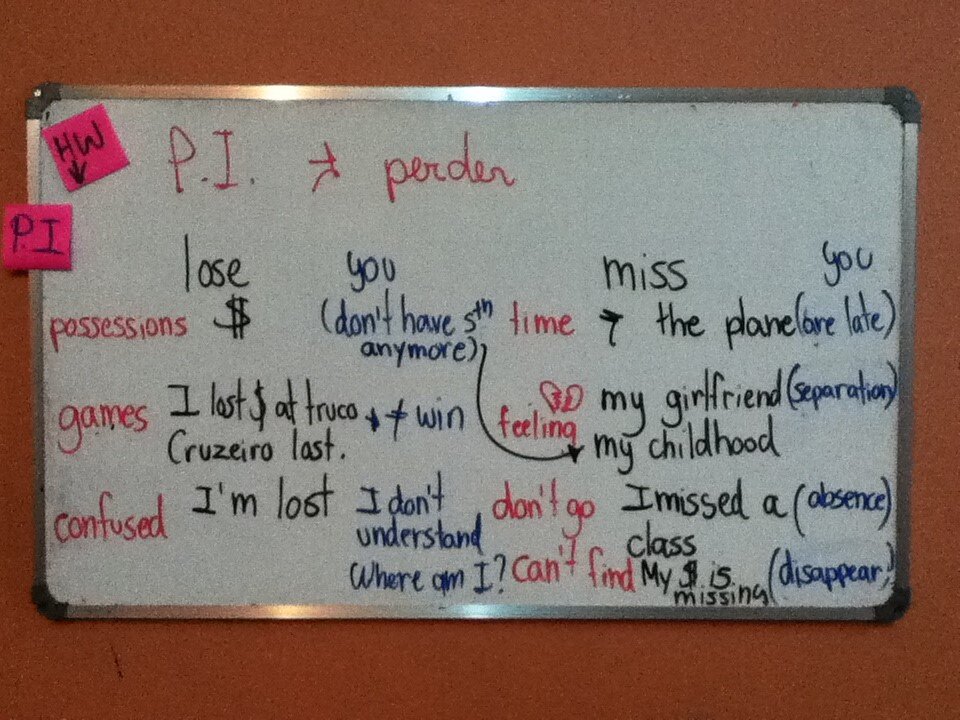Five mistakes students make when using video to study English
Para potuguês, clique aqui.
One of the most important things for English learners is to develop an independent routine of studies and videos are amongst the best tools for that.
Below are five simple strategies to achieve the best possible results when using videos to improve your English:
Don’t start with feature films or tv series
One of the most common mistakes is to (want to) start with feature films, which are too long. You might have to stop multiple times to look up new words and, since the story in a feature film is supposed to take 1.5 to 2 (sometimes 3) hours to be fully understood, it might become boring. The best way to start is with short films or clips, with subtitles in English, especially something with dialogues.
I especially like the Goalcast page on Facebook and Jay Shetty’s videos:
The acting is dreadful, but…
the themes are often something many of us can relate to;
. in most cases there is a dialog between two people;
they are all short and subtitled in English;
Here’s how you can use them:
a. cover the subtitles and see how much you can understand. You can then replay the video and check.
b. play the video but don’t look at the screen. Listen and try to guess what’s happening. Replay it and see if your guess was correct.
Here's a list of my favorite ones:
Because they are all short and discuss everyday issues and concerns, it is very easy to follow them and catch on even if you are a beginner. And the best thing of all? The kind of language used is the same we find in movies and tv series but in bite-size.
Still want to use movies? No problem!
! You can take short clips from a film and practice using that. If you are still a beginner and, therefore, are finding it very hard, you may watch a dubbed snippet of the movie and then replay it in English with subtitles (in English, as anything in your native language will just make you space out). That can help a lot, as you will know the context when you hear and read words.
Use youtube as a support tool
Because youtube is free and there is so much amazing content available, many people are now trying to learn English using nothing but the platform. However, we must bear in mind that to learn a language we need a pedagogical organisation of contents we cover, which we might not be able to put together alone. In fact, a lot of the time learning English through YouTube means you are covering loose content and you might not be associating the great ideas from the videos properly. On top of researching the videos that have the most likes and whatever your favorite Youtubers have posted, a really good way to use the platform is as a support tool. You can look up the themes you have already covered in class, or if you are learning independently you can try and find video lessons on the topics you study. This is easy to find in any book. It’s the syllabus/map of the book/table of contents and is usually on the first few pages:
Choose carefully
Another common mistake is to select subjects that are too complex. If, for example, you don't know much about law, in your native language, you will struggle to understand a video about that. Moreover, sometimes the characters may have a thick accent and/or use slang, which means it might be hard even for native speakers to understand them. The best themes to start with are simple everyday situations, as well as documentaries (especially about human behaviour and health). I highly recommend a Netflix series called “Ask the doctor”. They discuss health topics that are common sense, and the ideas easy to follow and to have an opinion about.
Read the synopsis
I rarely read the movie and tv series descriptions when I watch things in Portuguese. Are you the same? Well, there's a problem with that. In our native language (or any language we speak well) understanding what someone has said is pretty quick. We hear things and immediately associate them with other similar contexts. The same doesn't happen if you are still beginning to consolidate your knowledge and skills. In these cases, you will certainly need longer to process information. That is because of two things:
1. some (or many!) of the words will be new and you will reflect on them.
2. you might have come in contact with those terms, but perhaps you haven't used them enough for it to be natural and not something you think about.
The good news is that it’s normal. And yes, it does get better with practice. With tv-series and films, one thing that helps a lot is reading the synopsis and looking up any words you don’t know. This will give you a general idea of the theme and may spare hours of frustration.
Yourself
A great thing to do with videos is recording yourself. Below are a few ideas:
I. read a dialogue from your book and try to memorize it. Then close the page and try repeating the conversation while recording on your phone. You can then watch the video and see how much you remember.
A great thing to do with videos is recording yourself. Below are a few ideas: I. read a dialogue from your book and try to memorize it. Then close the page and try to repeat the conversation while recording on your phone. You can then watch the video and see how much you remember. II. Listen to a monologue or a dialogue using your headphones. While you do that, record yourself repeating what you hear. Then compare. It’s a great test to how fast you are thinking. III. additionally, you can ask your teacher to take notes on your mistakes in a sheet of paper while you record yourself speaking in class. S/he should write down the INCORRECT sentences. Once you’re done, s/he can feed you back and explain what your mistakes were while. Later, you can watch yourself with these notes and compare what you have said to what you should have said. This has helped my students become more aware of the mistakes they make when they are distracted.
Here’s a sample (I always leave something incorrect so the student can think about it for the next class):
I typed all mistakes while she talked and I recorded. I then used my magic pencil to work on the corrections with her. For homework she is going to watch her video again looking at this correction sheet.
Have fun studying!

